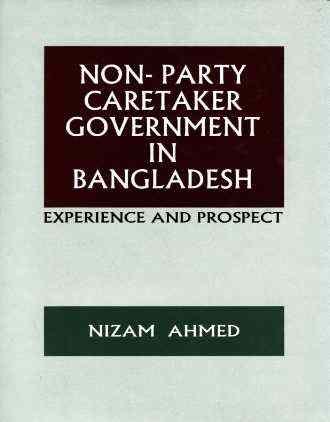
- Shop
- Non-Party Caretaker Government in Bangladesh
Non-Party Caretaker Government in Bangladesh
https://uplbooks.com/shop/9840517201-non-party-caretaker-government-in-bangladesh-6605 https://uplbooks.com/web/image/product.template/6605/image_1920?unique=3d813f3
| Language: English |
Tags :
Book Info
Elections under caretaker governments are a common practice to be found in most parliamentary democracies of the world. Usually, an outgoing government acts as the caretaker administration. But Bangladesh has deviated from this established democratic tradition. The Constitution now requires that a non-party caretaker government (NCG) run the routine administration of the country for a limited period of time between the dissolution of parliament and the appointment of a prime minister after the constitution of a new parliament. The need to evolve this mechanism has become imperative to overcome the dysfunctional consequences of holding elections under party governments. It is intended to make elections free, fair and impartial. This book examines the extent to which the successive NCGs have been able to achieve what has been expected of them. It explores different dimensions of the activities of the NCGs including the dilemmas and challenges they have faced in carrying out their mandated tasks. The book argues that the NCG may be a necessary but not sufficient condition to ensure optimal electoral outcomes or to help consolidate the nascent democratic system. Some other reforms are necessary. It concludes that if the NCG does not provide a panacea, neither can it be considered a mirage. As long as party politicians do not agree to abide by the general rules of the game, the system of holding elections under the NCG will remain the only viable option for Bangladesh.

Nizam Ahmed
Nizam Ahmed is Professor of Public Administration at the University of Chittagong, Bangladesh. He graduated with Honours and obtained a Masters in Public Administration from the University of Dhaka. He also has a Master of Social Sciences (Administration) degree from the University of Tasmania, Australia and a Ph.D. from the University of Melbourne, Australia. His fields of interest are legislative behaviour, local government, party politics and comparative administration. He has published several books and numerous articles in leading journals. His most recent publications include Aiding the Parliament of Bangladesh: Experience and Prospect (Dhaka: UPL, 2012) and The Bangladesh Parliament: A Data Handbook (Dhaka: IGS, 2013).


